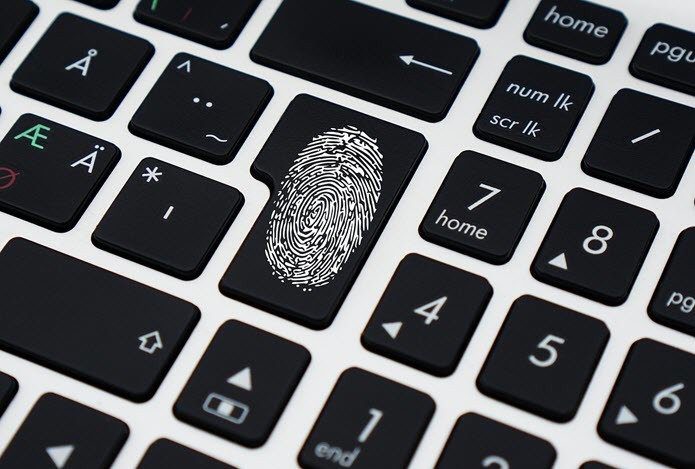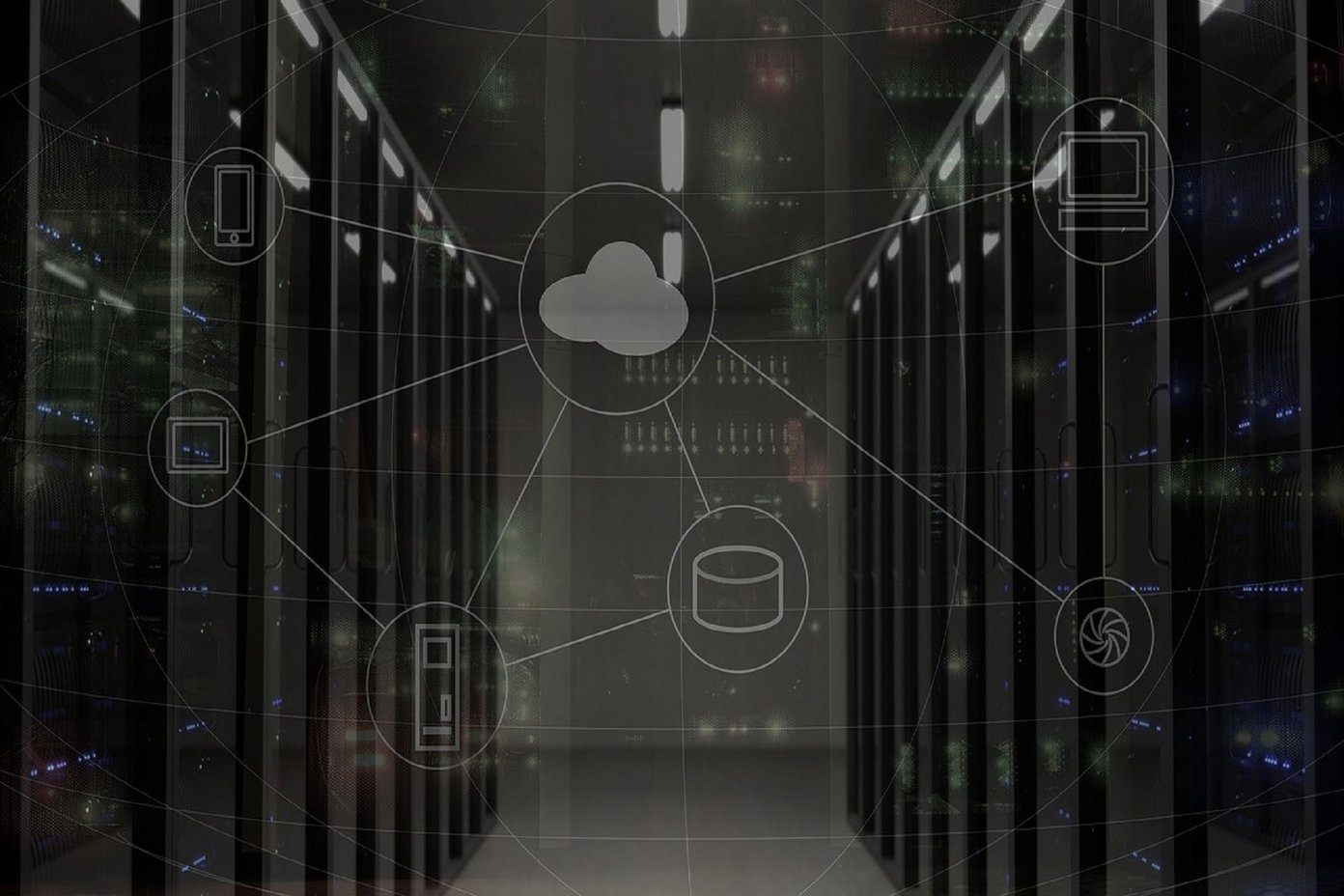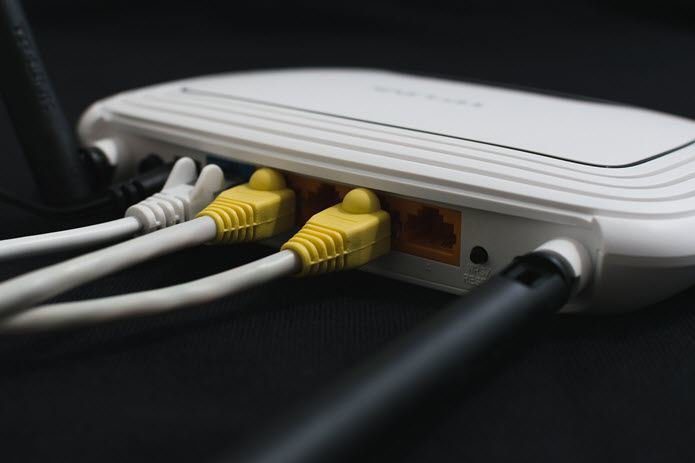Some of those times, your fears might turn out to be true. Hence it helps to know about these enemies of your computer and get a basic understanding of how they work. That could help you deal with them in a faster & better way. Malware is any malicious program or software that’s designed to exploit a computer user. Malware is basically an umbrella term covering computer viruses, worms, Trojan, spyware, rootkit etc. Some of ‘em attack the computer programs and files while others attack users confidential data. Let’s have a detailed look at their mode of operation.
What is a Virus
Just as a biological virus replicates itself in a human cell, a computer virus replicates itself in computer memory when initiated by the user. Not only they replicate themselves but may also contain some malicious codes which can affect your files, your operating system or even your master boot records thereby making your computer start slow or not boot at all. There are different types of viruses, some affect the system adversely and leave it completely unusable while some are just written to annoy the user. Disabling task manager or desktop wallpaper is one of the most common ways that virus creators employ to irritate users. As a virus always needs a human action to initiate itself, in a computer most of them attach themselves to an executable .exe file because it knows eventually the user will double click on it to run it and that’s all it needs to infect the computer. Yes, unfortunately, most viruses are inadvertently initiated by the computer users themselves and hence it is important that when you install and run programs, you know beforehand that you got them from a trusted source.
What is a Worm
Practically a worm is an evolved form of a virus. Like virus, worms too replicate and spread themselves but it happens on a bit larger scale. Also, unlike virus, a worm does not need a human action to replicate and spread and that’s what makes it more dangerous. A worm always seeks for network loopholes to replicate from computer to computer and thus most common way of intrusion are emails and IM attachments. As the infection is network-based, a good firewall along with antivirus is necessary to control worm attack. Also, this means that blindly downloading email attachments or clicking the links friends share with you in a chat window isn’t recommended. Double-check before you do that.
What is a Trojan Horse
Trojan horse or simply Trojan is a bit interesting. Trojan horse is a program that appears useful by pretending to do certain things in foreground, but in reality they are working silently in background with the only objective of harming your computer and/or stealing valuable information. Let me explain this metaphorically. Suppose you are the CEO of a company and there’s an employee in your firm you think is a valuable asset because of some initial success he gave your company. In reality the employee is working for your competitor and destroying your company from within. Now these kinds of employees can be considered as a Trojan horses if you consider the company as your computer. Most common way to invite a Trojan horse to your computer is downloading malicious software like keys, cracks, free illegal music, wares etc from an unknown source. Thus the best way to stay away from Trojans is by making sure you install software from trusted sources.
What is a Spyware
Spywares are also malicious computer programs that can be installed on computers but unlike any of the above they don’t harm your computer in any way. Instead, they attack you! Once installed on a system they run in background and keep on collecting user’s personal data. These data can include your credit card numbers, passwords, important files and many other personal stuff. Spywares can track your keystrokes, scan and read your computer files, snoop IM chats and emails and God knows what else. Therefore again it’s always advisable to download and install software from trusted sources.
What is a Rootkit
Rootkits are computer programs that are designed by attackers to gain root or administrative access to your computer. Once an attacker gains admin privilege, it becomes a cakewalk for him to exploit your system. We have already discussed rootkit in detail previously and you can have a look at it for in-depth knowledge.
Conclusion
Overall, all these malware that we discussed have been there probably since the innovation of programming itself and with time, they’ve become more complex and harder to deal with. That doesn’t mean you should worry too much. We have talked about tools like virus scanners and spyware removers before so make sure you keep your computer protected with them. If you are careful enough, most likely you won’t have to worry about them. Image credits : Marcelo Alves, Tama Leaver, Flausn, half_empty The above article may contain affiliate links which help support Guiding Tech. However, it does not affect our editorial integrity. The content remains unbiased and authentic.











